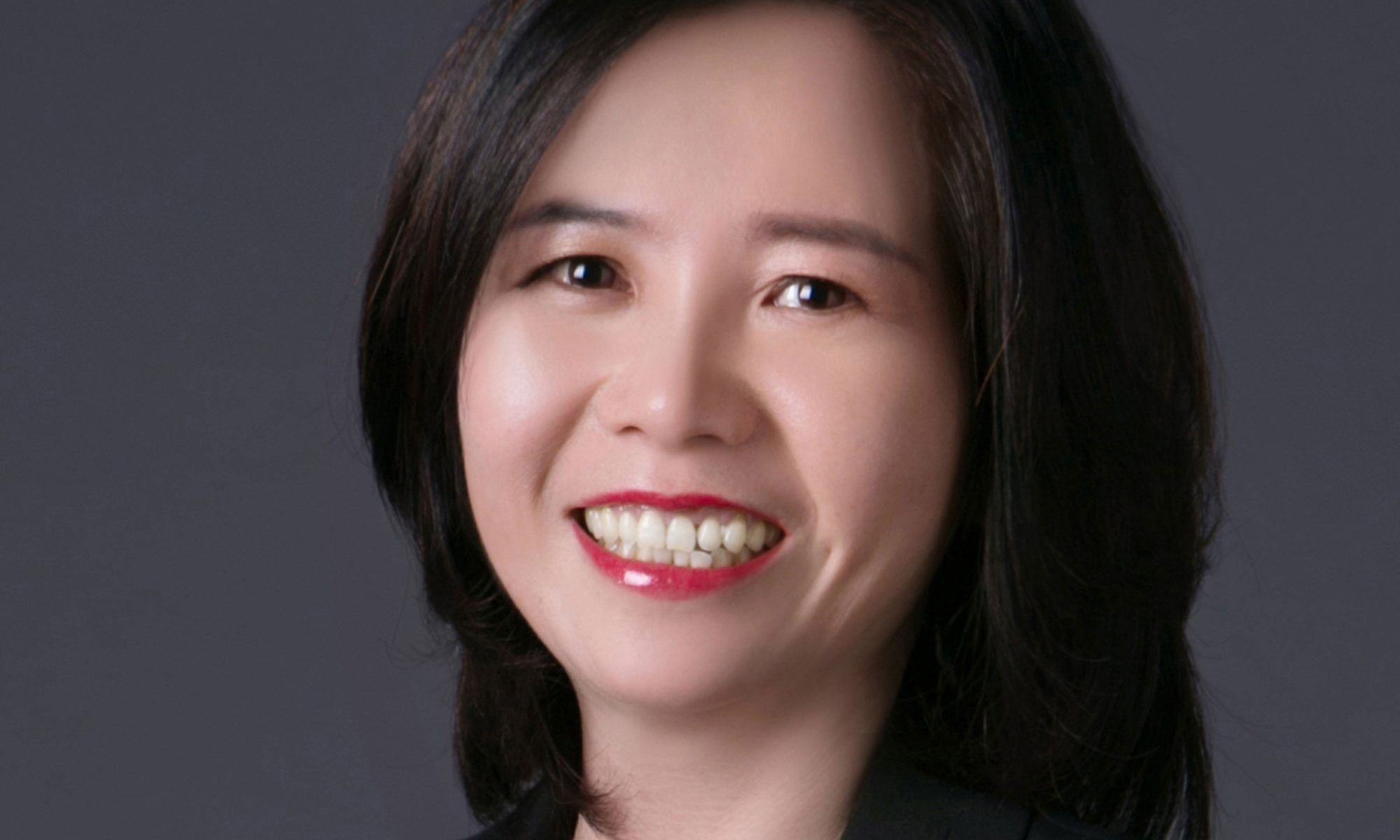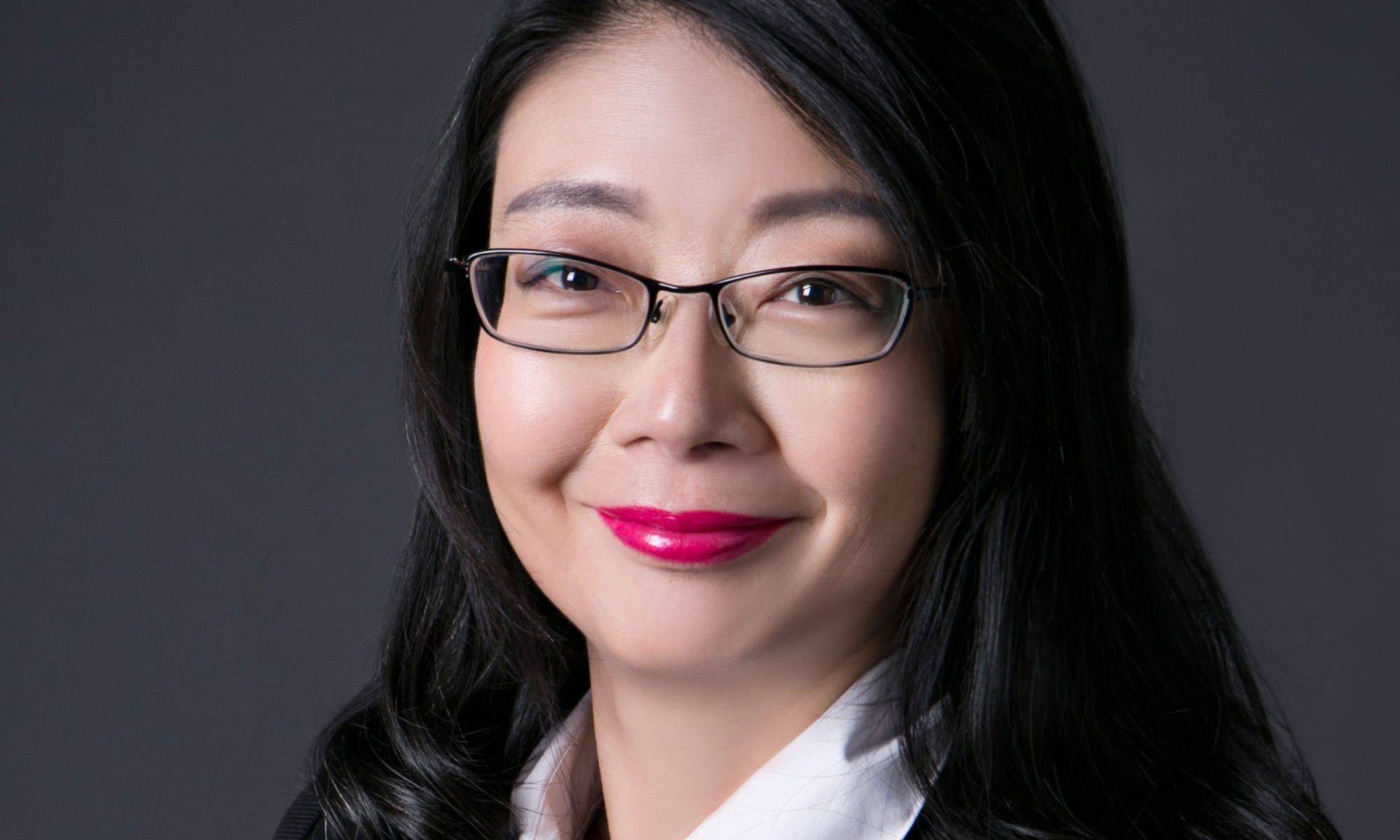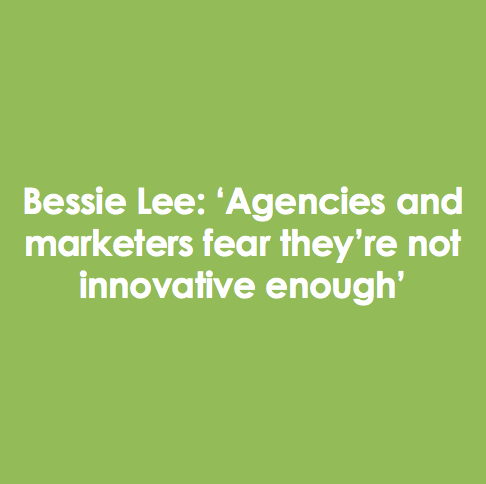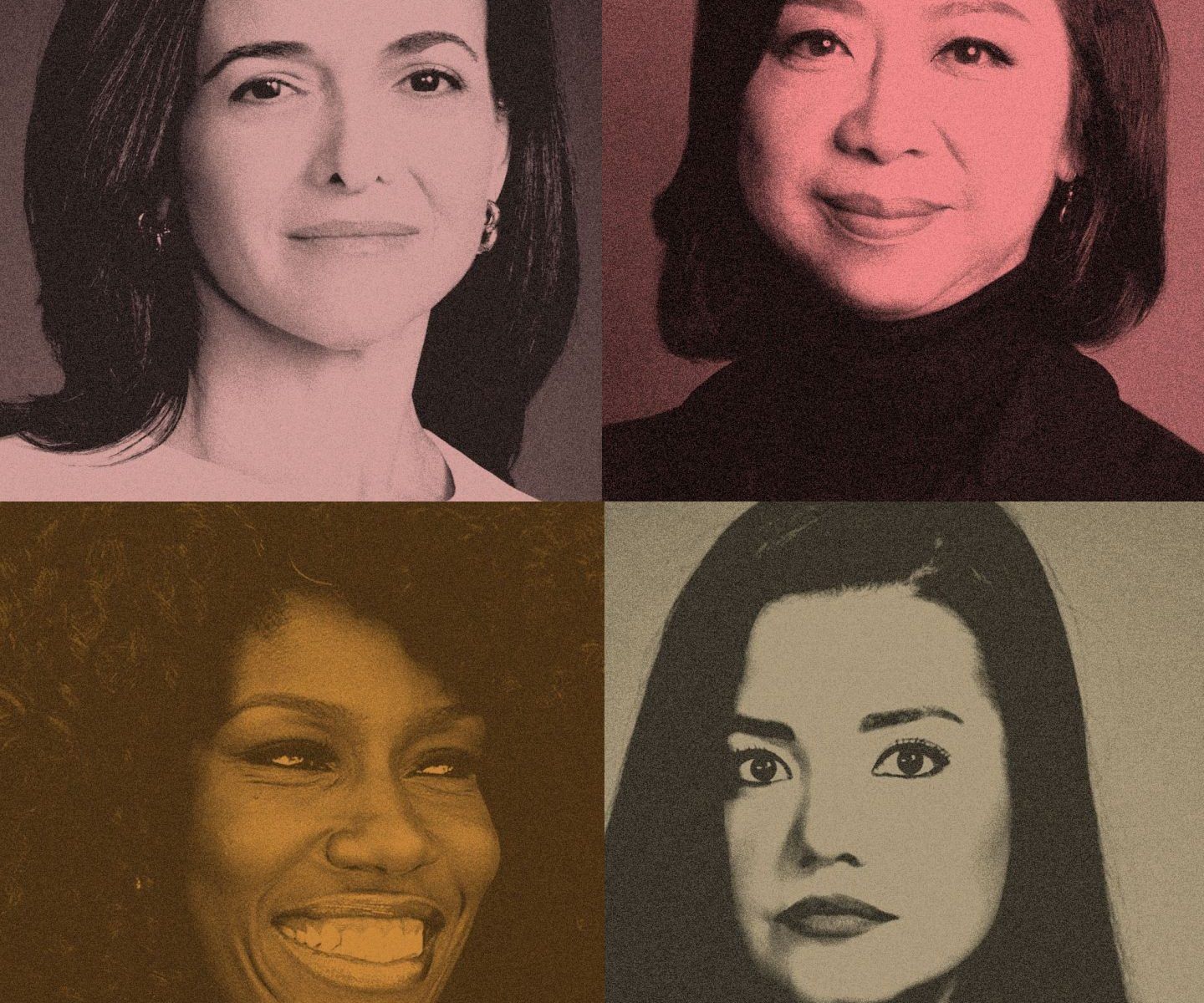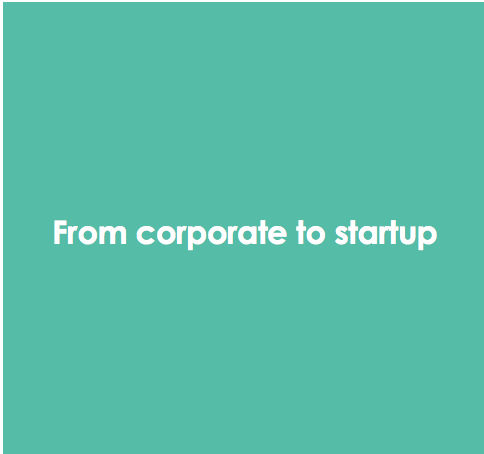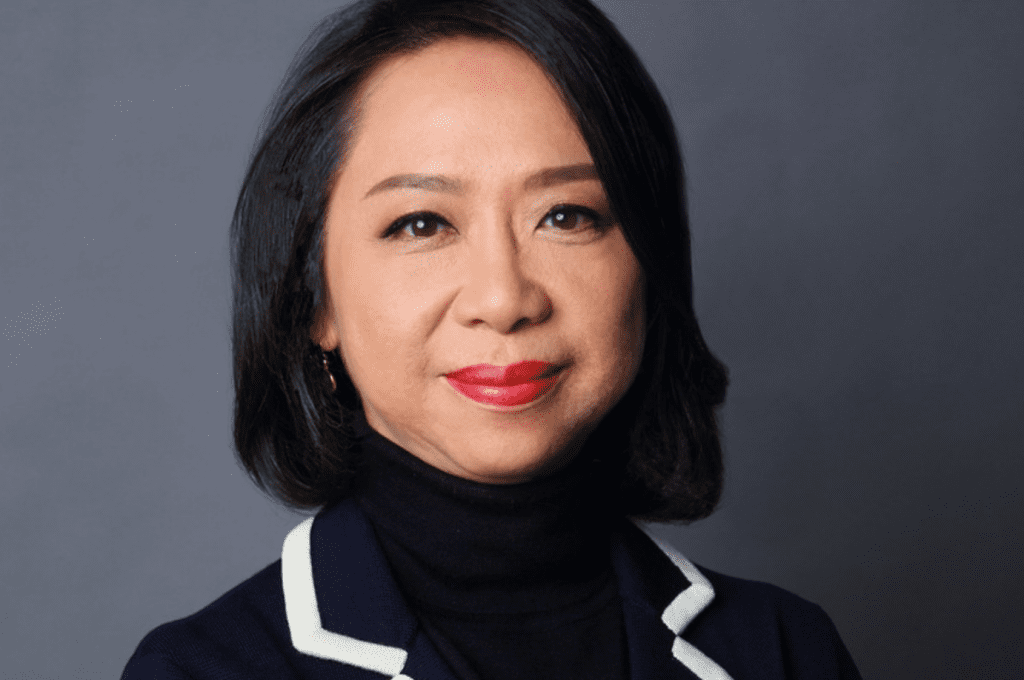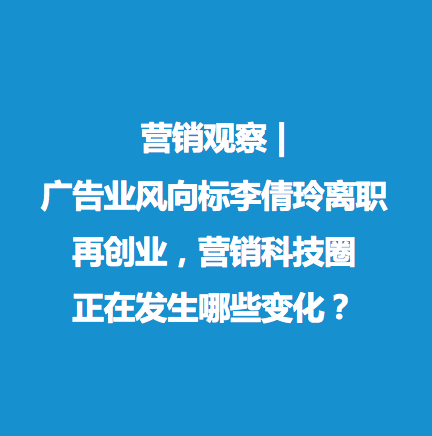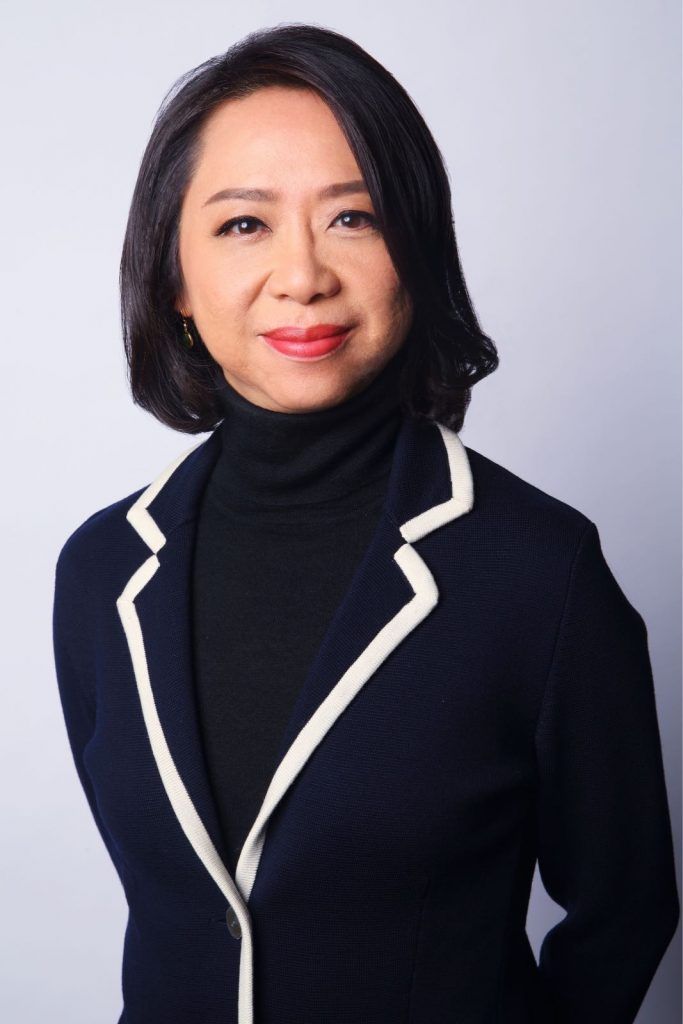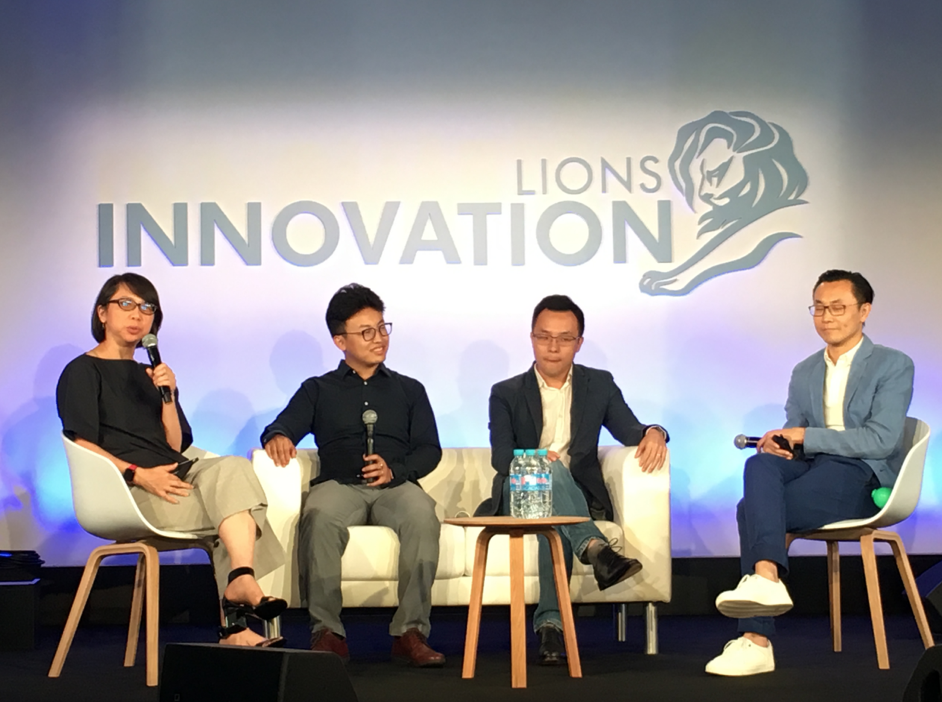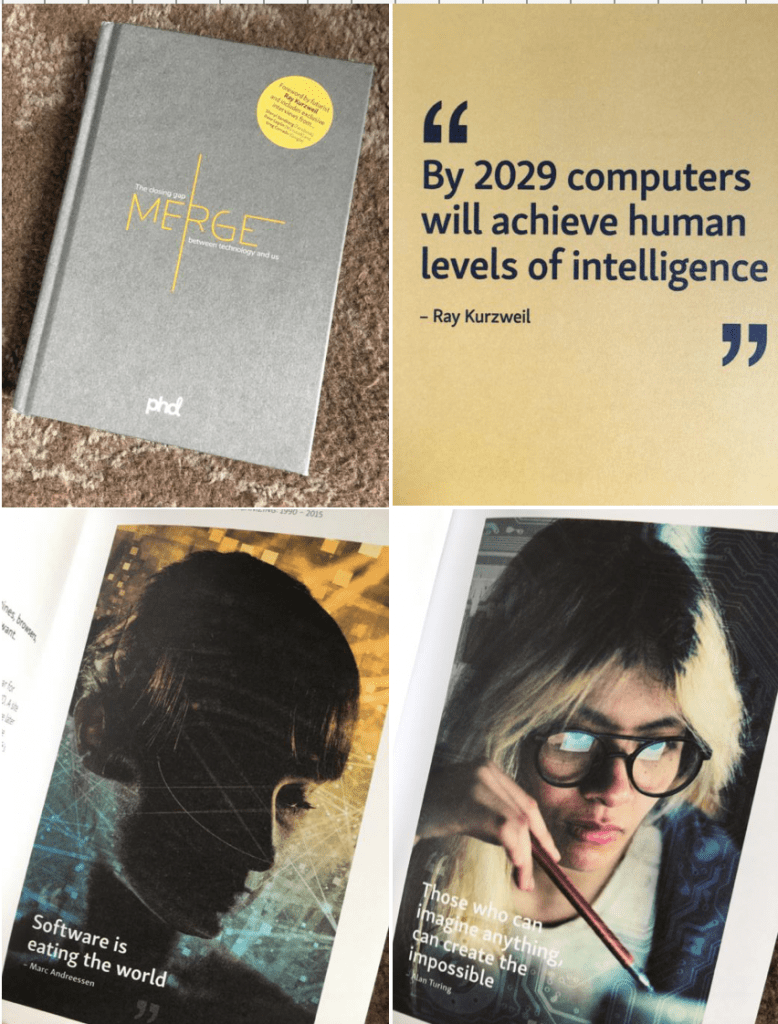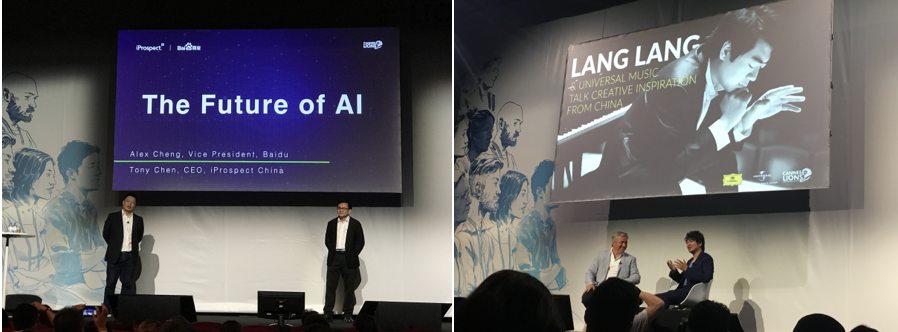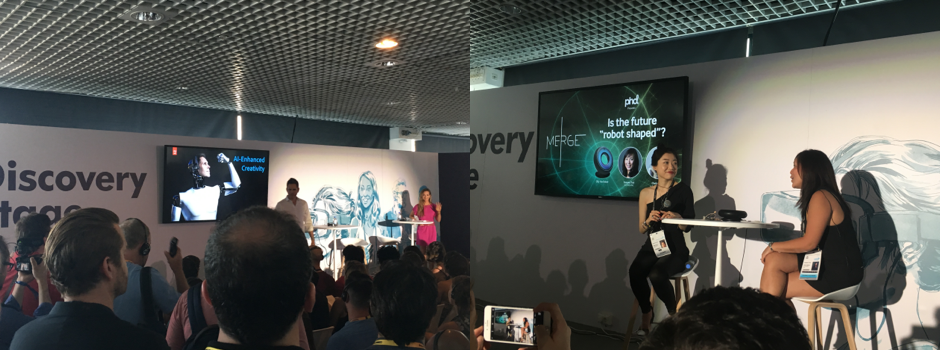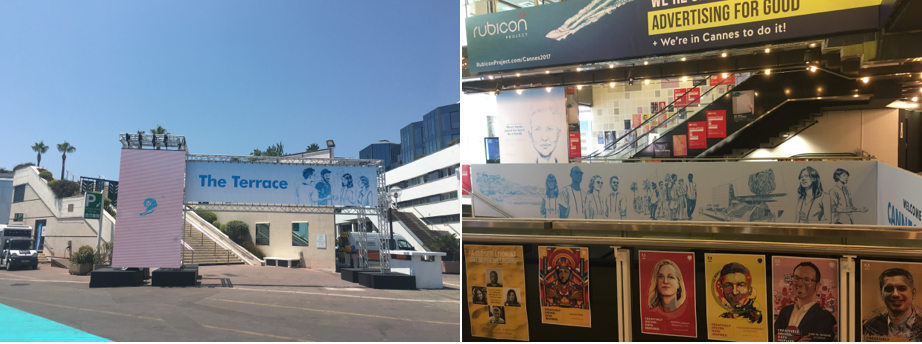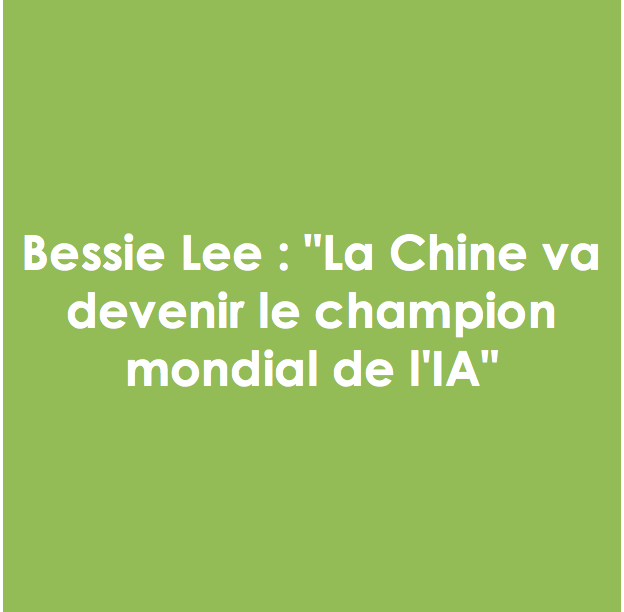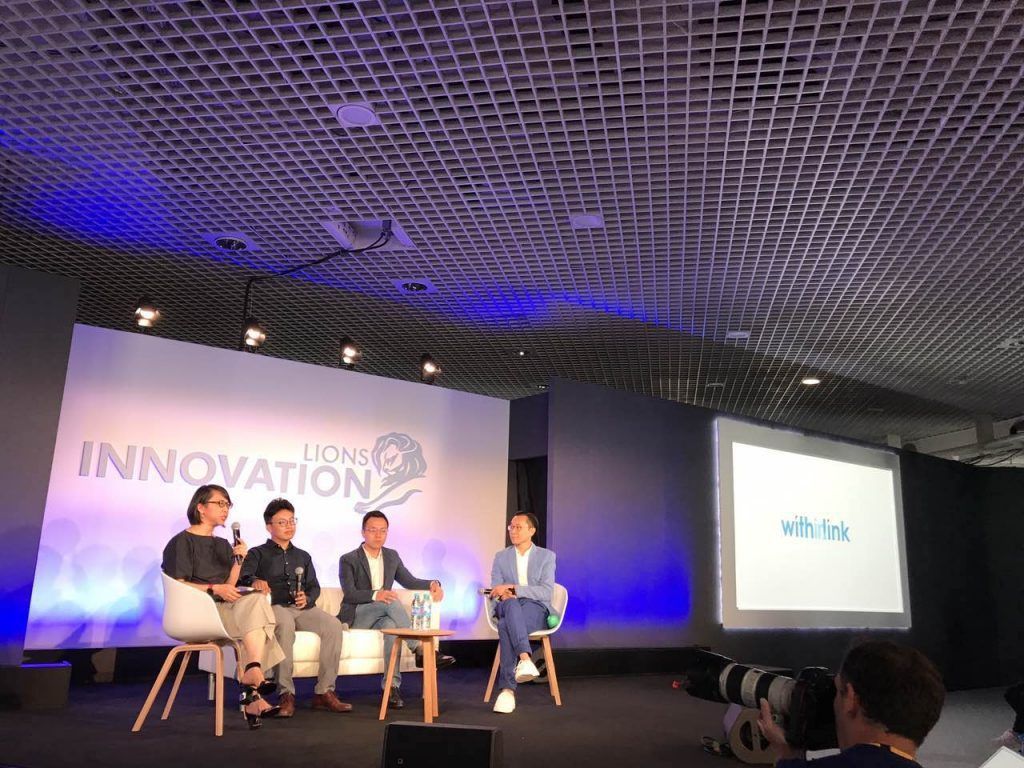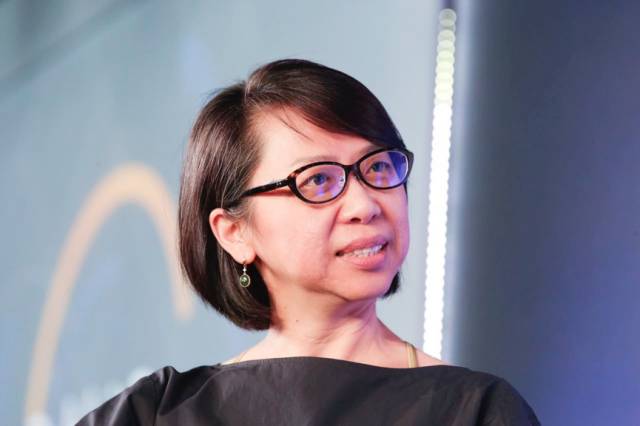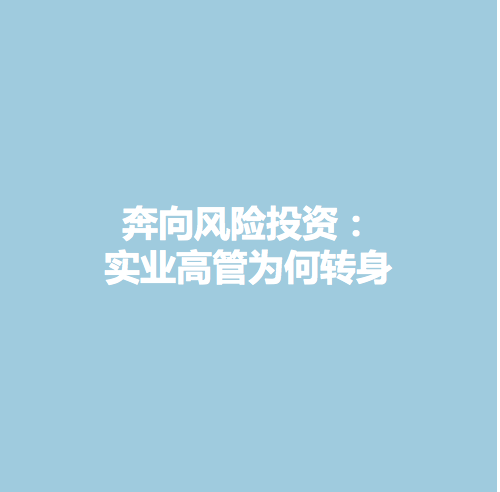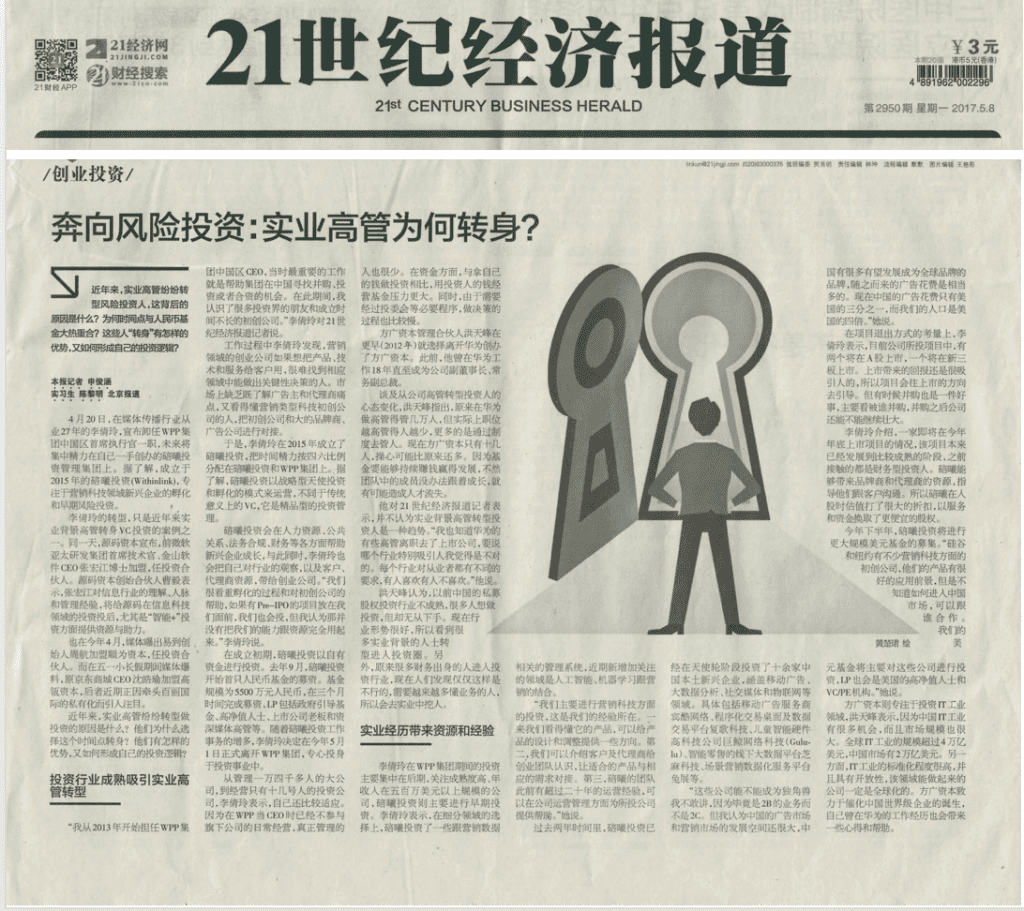by KAYLA UNNERSTALL, NORA BECKERSHAUS,Refinery29. Sep 11,2017
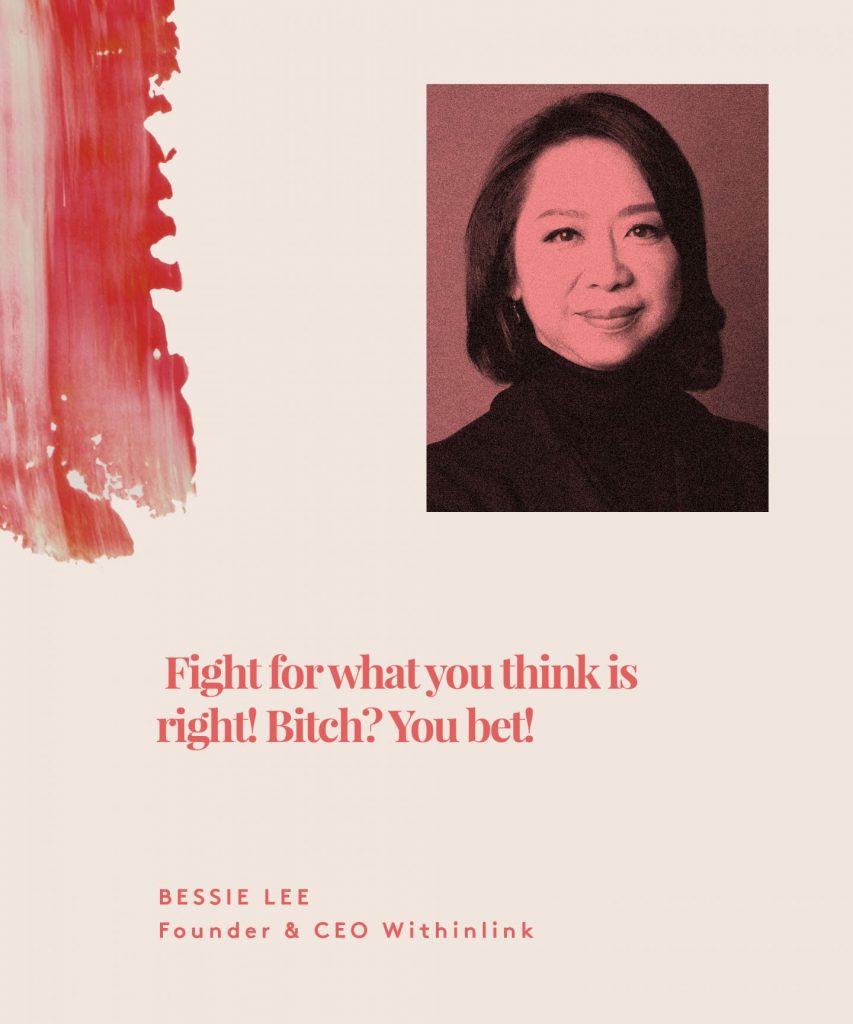
Bessie Lee
Founder and CEO of Withinlink
Disregarding some cringeworthy advice early in her career to find a rich man to marry, Bessie Lee has always taken success into her own hands. The previous CEO of WPP China and the current founder and CEO of Withinlink, Lee is currently one of the most experienced and highly-respected individuals in China’s media industry. A proud mother and risk-taking business women, she confronts conflict head on, turning her biggest failures into triumphs.
What is the best advice you have given another woman in 2017?
”Fight for what you think is right. Bitch? You bet!”
It takes a lot more than hard work and dedication along the way to claim your power. In hindsight, what advice would you give your 22-year-old self?
“Don’t bother getting a master’s degree. Dive right into the real world and learn from real business people.”
Bad advice is worse than none at all. What was the worst advice you have ever gotten?
“You should marry someone nice with a steady job and lots of zeros in his bank account. Then start your own little family and support your husband in his career.”
Not every ambition turns into a result. It is sometimes hard to accept that. When did you fail and how did you overcome it?
“My biggest failure in my career was a USD 6billion mess of mismatched financial records. It was accidentally discovered by an outgoing CFO back in 2007 when I was GroupM China CEO.
WPP had to take aUSD10 mil hit at the beginning of 2008 ahead of the two-year reconciliation work. For three months after the discovery, I woke up every morning telling myself that this would be the day WPP would send someone to fire me. It never happened. I didn’t resign too as that would not have helped resolve the crisis at all. Instead, I chose to stay on top of it and worked diligently with the new CFO and the finance team to reconcile every single record. At the end of the two-year effort, not only did we not lose money, we actually had some financial gain.”
Can you tell us about the last time you were proud of yourself?
“ I was very proud when Central Saint Martin offered my 18 year old daughter a place this year, based on her art portfolio and without an interview. I am proud I am a very open-minded and unconventional mother when it comes to her education and her life, especially in a country filled with Asian Tiger moms. I always encourage her to try things even if they were not conventional or even provocative but felt were highly relevant to her, her friends and the community. My daughter’s art reflects the inspiration and life experiences she has gained as a result. I am a proud mother.”
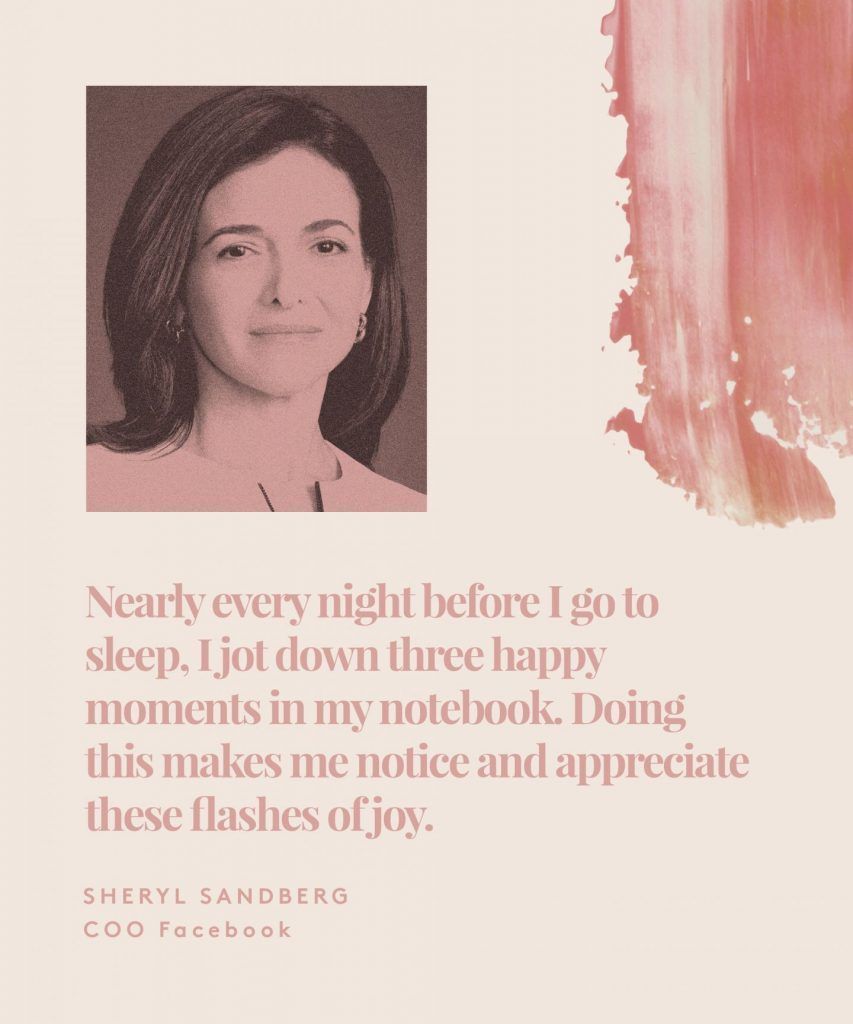
Sheryl Sandberg
Chief Operating Officer at Facebook
Facing personal and professional setbacks on her path to success, Sheryl Sandberg never fails to inspire us with her resilience in the face of adversity. Currently the Chief Operating Officer at Facebook, and the first woman ever to be appointed to Facebook’s board of directors, her professional achievements are an equal match for her personal strength. A staunch advocate for women climbing the corporate ladder, her bestseller, Lean In: Women, Work, and the Will to Lead, shines a light on gender differences, and offers practical advice to help women achieve their goals.
What is the best advice you have given another woman in 2017?
“The best advice I gave another person – woman or man – this year has to do with cultivating gratitude. Two years ago, I lost my husband, Dave Goldberg. I thought that my children and I would never have another moment of pure joy again. A few months later, my friend Adam Grant, a professor of psychology, suggested that I start writing down three moments of joy every day. Of all the New Year’s resolutions I’ve ever made, this is the one I’ve kept the longest by far. Nearly every night before I go to sleep, I jot down three happy moments in my notebook. Doing this makes me notice and appreciate these flashes of joy. It’s a habit that brightens the whole day.”
It takes a lot more than hard work and dedication along the way to claim your power. In hindsight, what advice would you give your 22-year-old self?
“I would go back and tell myself, ‘don’t try to plan out your entire career.’ ‘Don’t do it at 22, and don’t do it at 32 or 42 or 52, either.’ In retrospect, it would have been especially fruitless to try to plan my whole career at age 22, because when I graduated from college Mark Zuckerberg was in elementary school. Computers were something you used in a lab. It was impossible to envision where I’ve found myself, and I think that’s true today, looking to the future, too.
“Instead, I recommend having a long-term dream and a short-term plan. I hope everyone — but especially women — will dream big. Even if the chances of achieving that dream are slim, that dream can still provide useful guidance when you’re making career decisions. We never accomplish something we don’t set out to accomplish! One way to challenge yourself is ask yourself my favorite question — What would you do if you were not afraid?”
Bad advice is worse than none at all. What was the worst advice you’ve ever gotten?
“I’ve gotten plenty of bad advice in my career. Nearly always, the person offering the advice had my best interests at heart. Some truly extraordinary mentors advised me not to take jobs at Google and Facebook, and those ended up being two of the most challenging and fulfilling roles I’ve ever had. It was my friends and Dave who encouraged me to take what turned out to be some of the most incredible opportunities I could have ever wished for. Often our peers are our best advisors.”
Not every ambition turns into a result. It is sometimes hard to accept that. When did you fail and how did you overcome it?
“One of my most painful failures was personal. After I graduated college, I moved to Washington, D.C., and I hoped to meet an eligible man while I started my career. My parents always emphasized marriage as much as they emphasized academic achievement. They thought that marrying early, before all the ‘good ones’ were taken, was wise. That seemed smart to me, so I met a great guy and got married at 24. But it turns out, I wasn’t mature enough to make that lifelong decision. By 25, I was divorced. It felt like a massive failure. For a long time, I worried that no matter what I accomplished professionally, it would always be dulled by the scarlet letter ‘D’ that I was sure was visible to everyone I met.
“Since then, I’ve learned that not all the ‘good ones’ get scooped up early (I met my husband Dave almost 10 years later). I’ve also learned that you shouldn’t let a fear of failure (something that was definitely on my mind all those years ago, looking for a husband right out of school) dictate your life decisions. At Facebook, we work to create a culture where people are encouraged to move fast, break things, and not be afraid to fail. We have posters all around the office that encourage people to take risks: ‘Fortune favors the bold.’”
Can you tell us about the last time you were proud of yourself?
“Since losing Dave, I’ve discovered that you can be really proud of yourself for the smallest thing sometimes. After Dave died, my confidence — both at work and at home — took a nosedive. Before I started listing moments of joy my friend Adam Grant (who I eventually wrote Option B with) recommended another list-making exercise: to write down three things that went well each day. At first, this felt silly — I would write things like, ‘Made tea.’ ‘Got through all of my emails.’ ‘Went to work and focused for most of one meeting.’ But there’s evidence that noticing and celebrating small wins like this really does help. It did for me.
“I ended up deciding to share what I’ve learned about facing adversity and building resilience — including tips like these — because I felt that if I could help anyone else recover or support a loved one through a tough time, then I would have found a meaningful way to honor and continue my husband’s legacy. I wrote a book called Option B, and now my foundation has started OptionB.org to carry this work forward. I’m proud of how we’re helping kick elephants out of the rooms and starting conversations about grief and adversity. I’m proud of the community we’re building online, which is already touching thousands of lives. And I’m proud of the fact that Facebook is now leading other companies toward smarter, more compassionate bereavement policies. There is so much we can do to help each other, and I’m glad to be a part of that conversation.”
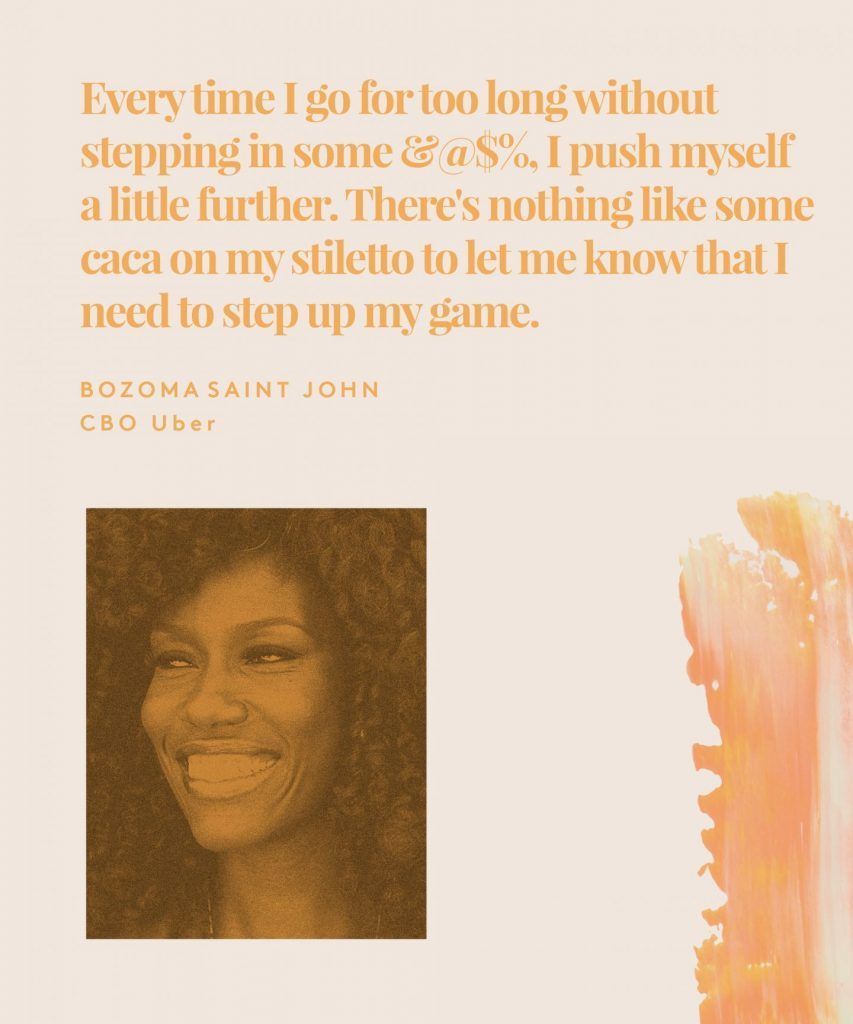
Bozoma Saint John
CBO at Uber
Forced to flee her native home in Ghana and seek political asylum in the U.S. at just 5 years old, Bozoma Saint John is no stranger to confronting impossible situations with a badass attitude. An embodiment of the American Dream, she’s shaped her destiny through hard work, resilience, and a forceful creative personality. After a long, successful career in the music industry (holding executive positions at iTunes, Apple Music, and Beats Music), she was appointed as Uber’s first-ever Chief Brand Officer in June.
What is the best advice you have given another woman in 2017?
“Listen to critics. They may tell you truths that your fans will not. But take all feedback, from critics and fans alike, with a grain of salt.”
It takes a lot more than hard work and dedication along the way to claim your power. In hindsight, what advice would you give your 22-year-old self?
“I would tell my 22-year-old self… ‘You’ve got it, girl! Don’t worry so much!’ That’s because I would stress myself out about all the possibilities of any decision that needed to be made, and could be rendered immobile because of it. When I started going with my gut and threw out all of the pros and cons lists, I made better decisions that fit my life.”
Bad advice is worse than none at all. What was the worst advice you’ve ever gotten?
“When I was told ‘never wear red lipstick or red nail polish to the office; it’s too bold’ — not just because of the superficiality of the advice, but because it made me question how bold I could be in the office. It made me wonder if my voice was too loud and my personality too big. What a mistake it would’ve been if I’d taken that advice and quieted myself. I would’ve made no dynamic contributions at all.”
Not every ambition turns into a result. It is sometimes hard to accept that. When did you fail and how did you overcome it?
“I fail a lot — in small ways and in big ways. But if I don’t fail, I know that I’m not pushing far enough. So every time I go for too long without stepping in some shit, I push a little further. There’s nothing like some caca on my stiletto to let me know that I need to step up my game.”
Can you tell us about the last time you were proud of yourself?
“On my daughter’s first day of third grade this year, I was really happy to be able to take her to school and get her settled. But, I also felt guilty because some of the parents were going to stay for the whole day and help out in the classroom. I couldn’t because I had make a mad dash to the airport to catch a flight for important meetings. While I was taking out her school supplies and arranging her desk, I overheard her talking to her classmates about their activities that day, and she was telling her friends why I wasn’t going to be there. She was so proud of me, and my heart nearly burst with pride at the sound of it. I’m proud that I’m able to be an example for my daughter, and that she finds me worthy to brag about.”
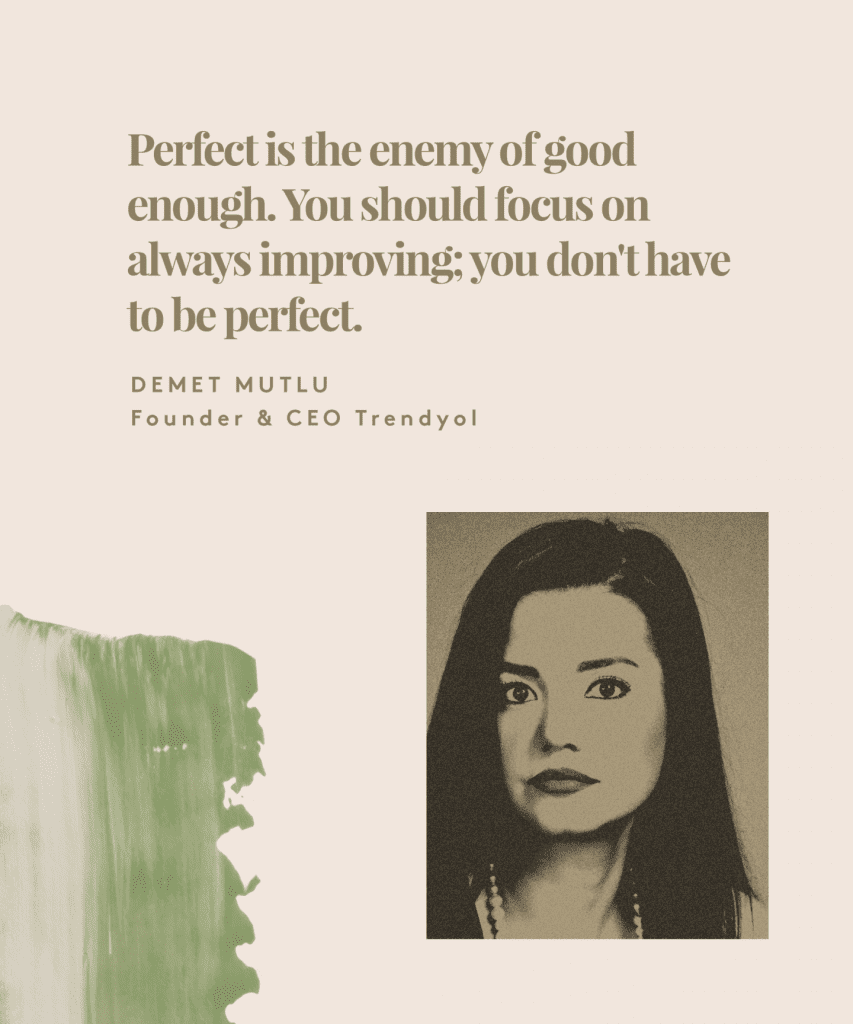
Demet Mutlu
Founder & CEO of Trendyol
Launching your own business takes passion, hard work, and persistence, but it all starts with a gut feeling and a great idea. After realizing the potential of launching a fashion e-commerce company in Turkey, Demet Mutlu dropped out of Harvard Business School to pursue her entrepreneurial dreams. Now at the helm of Turkey’s biggest fashion e-commerce site, she’s committed to helping others achieve their dreams by investing in her employees’ professional growth and advocating for their success.
What is the best advice you have given another woman in 2017?
“I think one of the biggest female barriers is the ‘perfection issue.’ Most women feel they need to be perfect. We are afraid to fail, and this is the biggest mistake. My advice to women is: Do not be afraid to make mistakes, fail, and learn from your mistakes.”
It takes a lot more than hard work and dedication along the way to claim your power. In hindsight, what advice would you give your 22-year-old self?
“When I was young, I was focusing on being perfect: perfect GPA, perfect internship, perfect hair, perfect dress. But perfect is the enemy of good enough. You should focus on always improving; you don’t have to be perfect.”
Bad advice is worse than none at all. What was the worst advice you have ever gotten?
“I really do not remember these kind of things. If it is bad advice, I move on.”
Not every ambition turns into a result. It is sometimes hard to accept that. When did you fail and how did you overcome it?
“First of all, I accept mistakes and failures, and I really treat them as learning opportunities. One of the biggest failures I had was during startup phase. I was working 18-20 hours in a day, damaged my health, and developed insulin resistance. I overcame it by talking with my mentors and taking their feedback seriously. You should always be open to feedback. I am surrounded by people who are not just part of the board of directors in my team, but also in my life. I ask them a lot about what I do well, and what I do poorly, and take their feedback seriously. This is very important to build that circle of trust.”
Can you tell us about the last time you were proud of yourself?
“I’m most proud of myself when I see my team is growing. There are people who’ve been at Trendyol for almost five years now, managing huge accounts and large teams. Most of the time when I am proud of myself it’s when I see the impact I’ve made on them and see them growing, doing things better than me. There are many instances which I say I could not do better than them, which is a great feeling.”
